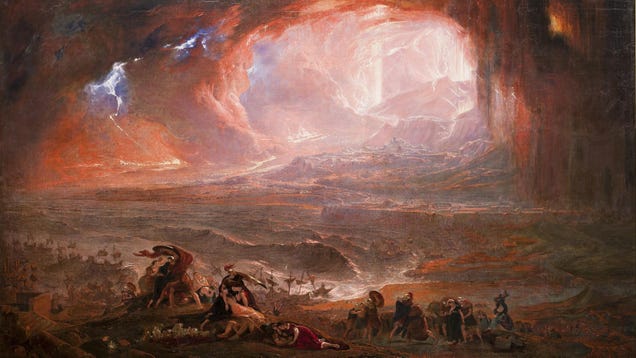
On August 24 in 79, Mount Vesuvius erupted, shooting over three cubic miles of debris up to 20 miles (32.1 kilometers) in the air. As the ash and rock fell to Earth, it buried the ancient cities of Pompeii and Herculaneum.

On August 24 in 79, Mount Vesuvius erupted, shooting over three cubic miles of debris up to 20 miles (32.1 kilometers) in the air. As the ash and rock fell to Earth, it buried the ancient cities of Pompeii and Herculaneum.
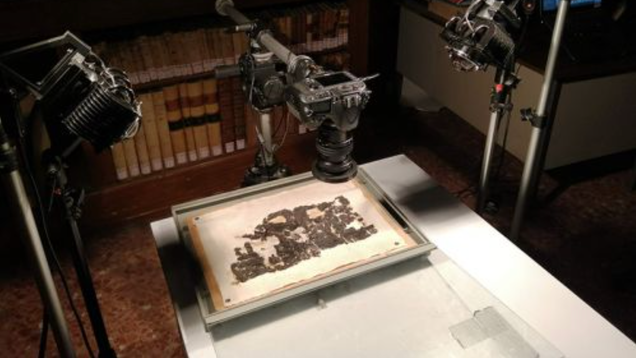
The Greek philosopher Plato—Socrates’ student and Aristotle’s teacher—died nearly 2,400 years ago, having produced a voluminous amount of writing on political philosophy, aesthetics, ethics, and more (he came up with Atlantis!). This week, researchers announced that they found the burial place of the famous…
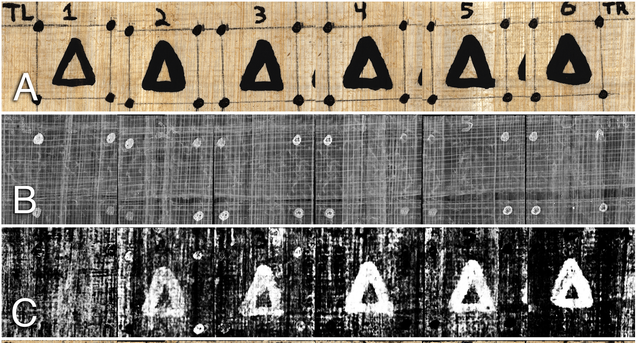
The first word found and translated from an unopened carbonized scroll from the Roman town of Herculaneum was announced this week, as part of the $1,000,000 Vesuvius Challe
EduceLab
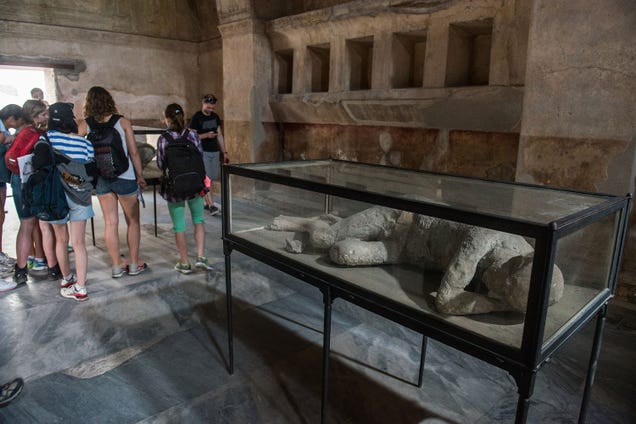
Researchers studying the remains of six individuals from Pompeii concluded they asphyxiated during the volcanic eruption that doomed the town nearly 2,000 years ago.
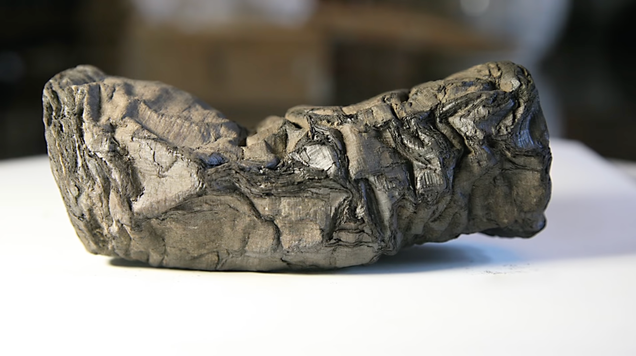
In 79 A.D., Mount Vesuvius lay waste to a library in Herculaneum that was owned by the father-in-law of Julius Caesar. Now, former GitHub CEO Nat Friedman and some scientists are giving $250,000 away in prizes to the person or team who successfully uses modern technology to decipher scrolls recovered from the site of…